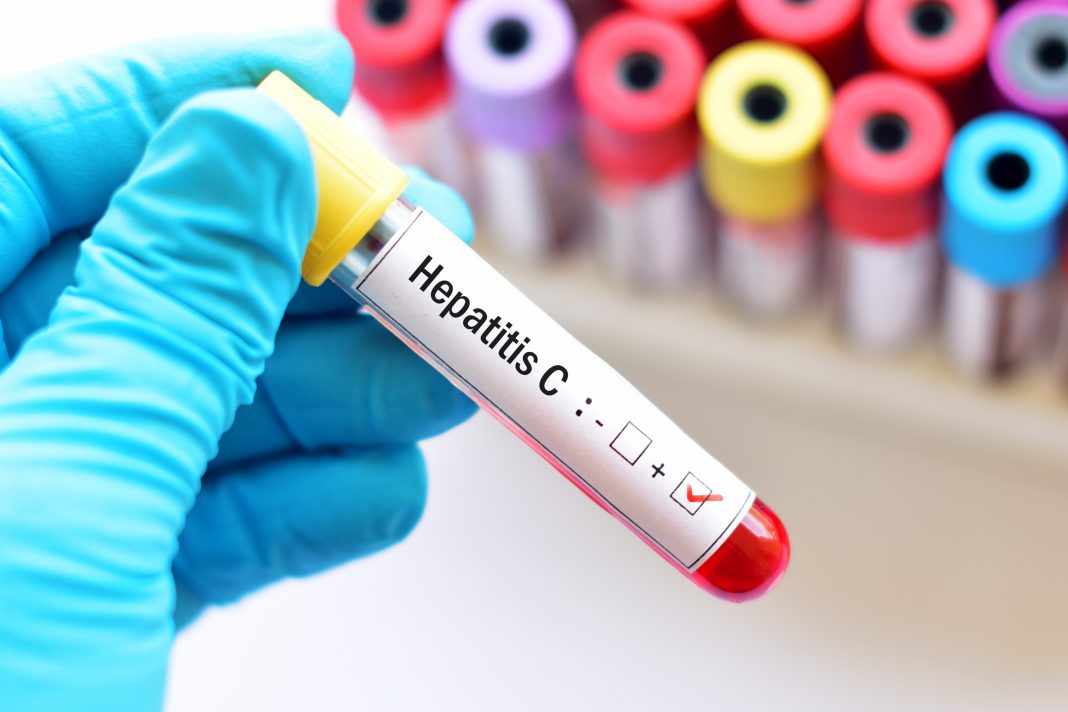MANITOULIN – As many as 100 drug and other substance users in Sudbury and Manitoulin will have a chance to receive financial incentives for undergoing hepatitis C virus (HCV) testing as part of a pilot project led by Réseau Access Network (RAN).
“This is an important program to not only treat and eliminate HCV among patients who are often overlooked for treatment, but also to build and strengthen relationships with Indigenous and other marginalized community members and agencies that are integral to the success of working with smaller, harder-to-serve communities,” said Dominica Anderson, an outreach testing nurse with RAN.
“Our treatment nurse Brandi went to a conference in Portugal last year and realized that half of the world is doing incentive programs to treat people,” said Ms. Anderson. “It’s such an easy infection to diagnose and treat, so we thought, let’s try to get something in our catchment that can benefit people and change lives.”
RAN is a non-profit organization based in the Sudbury area that advocates for wellness, education and harm and risk reduction. It is especially targeted toward supporting individuals and its community in a holistic, comprehensive approach to HIV/AIDS, HCV and other related health concerns.
It has received what’s known as a Hepatitis C Micro-Elimination Grant from Gilead Sciences Canada, Inc., a research-based biopharmaceutical company that discovers, develops and commercializes innovative medicines in areas in need.
Gilead Sciences Canada offers grants to community-based organizations to diagnose and treat people from high-priority populations who live with HCV.
RAN is aiming to reach 100 patients who inject drugs, as these individuals are more likely to also suffer from HCV infection. Through the grant, RAN is starting up the Sudbury/Manitoulin Micro-Elimination Project which will combine incentivized HCV treatment and opioid agonist therapy (the use of methadone or suboxone to prevent withdrawal and reduce opioid cravings).
Numerous studies have shown that incentivizing treatment for drug abstinence and HCV treatment can lead to increased compliance rates. One randomized control trial published in Open Forum Infectious Diseases in April 2019 noted that the impact of incentives ended up being relatively small, but these results may only apply to the one clinic featured in that study.
The North also has extra factors to consider such as the high stress of housing insecurity, especially in the winter. By incentivizing treatment follow-through, participants may be less inclined to put off treatment in favour of other priorities.
The incentive program through RAN began in February of this year and runs until March 2020. The organization estimates that 90 percent of its patients in the program will undergo testing and diagnosis, and that 80 percent of those diagnosed will go through to the HCV therapy stage.
Drug users have a particularly high risk of contracting HCV if they share any equipment used to prepare or inject drugs, and may be more likely to make risky sexual choices while under the influence of a substance. An estimated 70.6 percent of people who inject drugs have HCV.
“There is a significant need to increase the capacity and consolidation for screening and treating people with HCV in our isolated region,” said Ms. Anderson.
The federal government has committed to eradicating hepatitis C by 2030. More than 110,000 people in Ontario alone live with a chronic hepatitis C infection, part of an estimated 250,000 nationwide. An estimated 44 percent of those living with a chronic hepatitis C infection are unaware of their status. The Sudbury/Manitoulin Micro-Elimination Project is the first program in Ontario to offer financial incentives for undergoing treatment, according to a Gilead Sciences release. Although many cases are covered under government funding programs such as the Ontario Drug Benefit, the cost of the treatment purchased outright in other jurisdictions can be upwards of $100,000.
There will be four periods throughout the treatment schedule when clients will be eligible to receive a financial incentive of $25. The first stage is when results come in for a client’s pre-treatment lab work. Stage two is when results are received for an ultrasound and the third stage is when a client meets with a physician for an intake assessment appointment to determine their existing health status. The final $25 stage comes at what’s known as ‘SVR12’, or sustained virologic response for 12 weeks, which means the virus cannot be detected in the bloodstream for three months after finishing treatment.
The program is running in partnership with organizations including Northwood Recovery, a clinic that provides opioid agonist therapy. Every month, Ms. Anderson goes on a multi-day ‘Island tour’ with a social worker to communities around Manitoulin Island, meeting potential new clients and following up on the progress of existing ones.
Potential clients usually hear about the program through word-of-mouth when they visit affiliated clinics for related conditions. RAN has some posters on display in these types of settings to further inform the public of its availability.
According to Ms. Anderson, the project has been having a considerable impact on the lives of vulnerable individuals who have made use of the service.
“A gentleman a couple of weeks ago said with the money, he could finally buy a new pair of shoes. Other people said, ‘I can treat myself to a lunch or a hot dinner, and I don’t have to go to a food bank’,” said Ms. Anderson. “It’s really heartwarming.”




